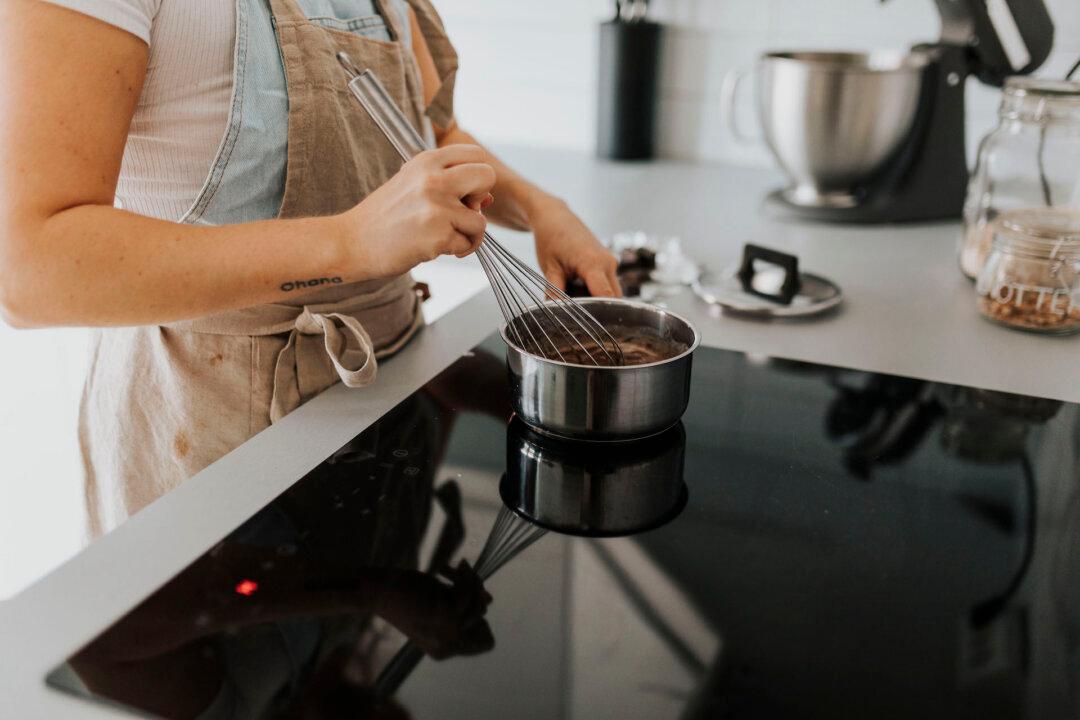Sustainability is an increasingly important element of home design. Luckily, it has never been easier to swap out products for more eco-friendly options, particularly in the kitchen, where many appliances use water or energy. Whether you’re looking to do a complete renovation or just update appliances or surfaces, there are plenty of affordable fixtures and alternative materials available for simple swaps. Kitchen experts offer five eco-friendly kitchen updates that don’t sacrifice style for sustainability.
1. Recycled Countertop Materials
Recycled countertop materials are a great eco-friendly option for homeowners looking to update a kitchen. There are many options to choose from, including concrete, cork, and even recycled glass. David Tully, a realtor in Nevada, says recycled glass is a long-lasting, environmentally friendly countertop material manufactured from crushed glass and binders. Available in several colors to suit any kitchen design, these countertops are easily customizable, making them a good choice for any aesthetic.Repurposed tile and other upcycled materials are also durable and as easy to clean as laminates. In a kitchen renovation, consider recycled countertop materials a versatile and unique option to minimize environmental impact and showcase individual style.





